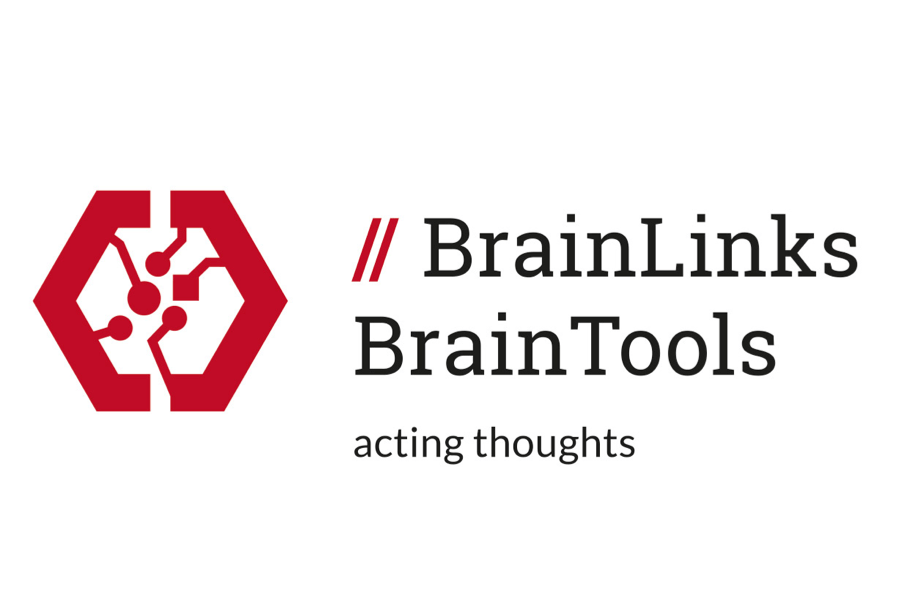Project Description
Causal interference with the brain is one of the currently leading themes in basic and clinical neuroscience. For this, brain stimulation paradigms have been proven to be extremely valuable tools. They can be divided into invasive and non-invasive techniques. Obviously, less invasive techniques have advantages especially when it comes to brain stimulations in humans. Unfortunately, the less invasive a stimulation technique, the less its functional impact on neural networks is understood. But even for the more invasive options, e.g. electrical micro- or deep brain stimulation, it is largely unknown how they affect neural networks on a functional level and in the long term. In this project we aim to understand the working principles, the biophysical and network properties, the behavioral impact and long-term effects of some of the most widely used stimulation tools. We will focus on three main stimulation types: (1) tACS in humans, (2) optogenetic manipulations in rats and (3) electrical microstimulation in rats. In order to investigate the impact of these stimulation tools on neural networks on multiple levels reaching from network properties to behavior, we will combine the manipulations with electrophysiological measurements (EEG in humans and single cell and local field potential recordings in rats), Importantly, we will rely on modelling approaches to make testable predictions about putative effects of the stimulations and feedback the results into the models in an iterative manner. The combined approach in humans and animals will allow testing the predictions invasively. Based on the findings, we aim to develop stimulation paradigms which can impact behavior in a meaningful manner. For this, we will capitalize on neural oscillations which naturally occur in the brain. We hypothesize that enhancing or suppressing the ongoing oscillations with appropriate parameters as determined in the first step of the project and in a closed-loop manner will have a larger impact on behavior than open loop stimulation. With this, we aim to develop paradigms which allow powerful interactions with the brain with clinical relevance.
Collaboration
- Professor Carsten Mehring, Institute of Biology III & Bernstein Center Freiburg, University of Freiburg, Germany
- Professor Thomas Stieglitz IMTEK – Institut für Mikrosystemtechnik, University of Freiburg, Germany

